Enter a surname, town name or other keyword to search the database. Remember to
allow for the different spellings of 'Mc' and 'Mac.' Good luck!
{Search tips: Use single word search terms for more results}
You must enter some valid character(s) into the search field
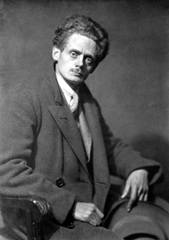
Reference: H-0300
Hugh MacDiarmid, January 1927....
|
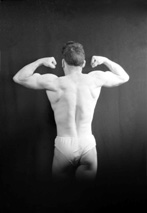
Reference: 36213.5b
Mr Urquhart. ...
|
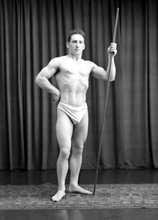
Reference: 36213.5a
Mr Urquhart. ...
|
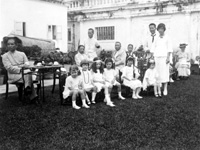
Reference: 673
Sun Yat-sen (far left) with gr...
|
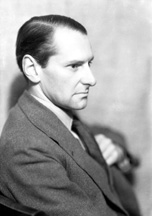
Reference: 29447c
Professor Charles Bernard Chil...
|
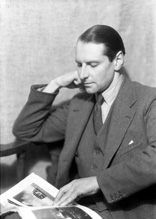
Reference: 29447b
Professor Charles Bernard Chil...
|
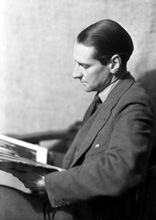
Reference: 29447a
Professor Charles Bernard Chil...
|
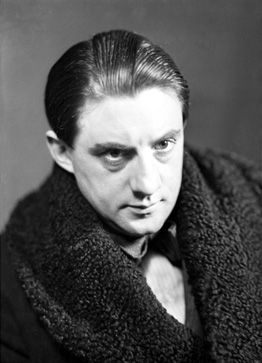
Reference: 31208
Sir John Barbirolli, born as G...
| |